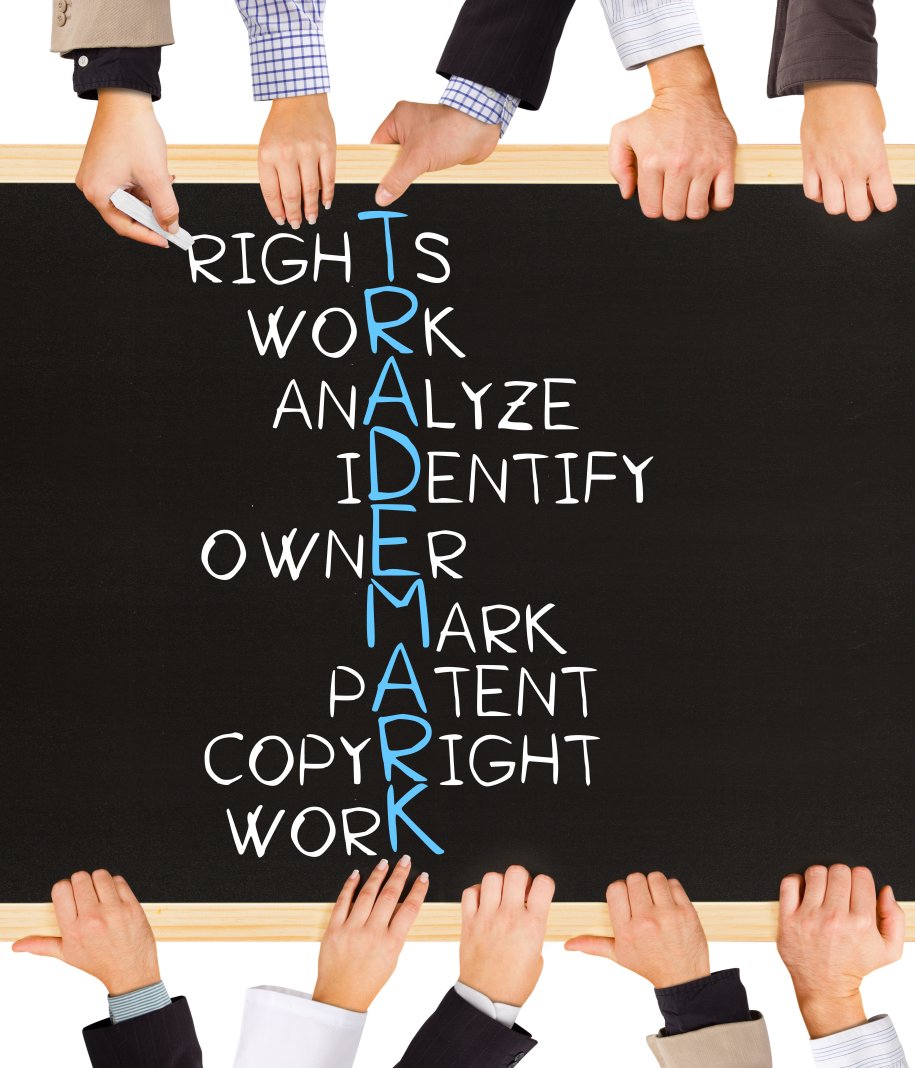In my last article of 2022¹, I wrote about how trade marks should be ‘distinctive’ – that is, capable of distinguishing one business’s goods or services from those of other businesses. I referred to Vodafone New Zealand’s re-brand to ONE NEW ZEALAND this year and reported how the decision to change to ONE NEW ZEALAND was met with mixed reviews. Needless to say, that wouldn’t have been the response Vodafone wanted.
Also what Vodafone would not want is advice that the 18 trade mark registrations it has obtained for the word marks ONE NEW ZEALAND and ONE NZ are possibly invalid; so too 9 applications to register the new ‘O one.nz’ logo mark and 4 applications to register the word mark ONE GOOD KIWI.
Why? Because the applications to register these marks were not originally filed in Vodafone’s name. They were filed in the names of Baycity Communications Limited (ONE NEW ZEALAND/ONE NZ/‘O one.nz’ marks) and Te Rourou, Vodafone Aotearoa Foundation Tāpui (Limited) (ONE GOOD KIWI marks).
This fact is important because of another principle of trade mark law: that when a person applies to register a trade mark, that person (the applicant) must be the owner of all the rights in the trade mark and must, if they are not using the subject trade mark, have “a sufficiently definite intention to use the trade mark”. If an applicant is not the owner and/or does not have “a sufficiently definite intention to use the trade mark”, registration of the subject mark can be refused or revoked.
In Vodafone’s case, it appears that Baycity Communications and Te Rourou – both of which are wholly owned by Vodafone – filed the applications pursuant to an arrangement whereby they were to act as nominees or trustees of Vodafone as the beneficial owner, with the intention that the applications be assigned/transferred to Vodafone when the appropriate time came.²
If this is correct, then, according to current legal principle and despite later assignment of the applications to Vodafone³, it is possible that as at 1 September 2021, when the subject applications were filed with IPONZ, neither Baycity Communications nor Te Rourou could validly claim to be the owners of all the rights in the subject trade marks. It is also possible that as at 1 September 2021 neither Baycity Communications nor Te Rourou could validly claim to have had an intention to use the subject trade marks. On either basis, the registrations for the ONE NEW ZEALAND and ONE NZ word trade marks are possibly invalid, and 9 applications to register the ‘O one.nz’ logo mark and 4 applications to register the ONE GOOD KIWI word mark similarly invalid.4
This is perhaps why, on the very date (28 September 2022) it announced the change to ONE NEW ZEALAND, Vodafone filed a swathe of new applications to register its ‘O one.nz’ logo and associated ONE trade marks (but not, interestingly, its ONE NEW ZEALAND or ONE NZ word trade marks).
Readers will note that I have said Vodafone’s registrations and applications are ‘possibly invalid’, not ‘likely invalid’ or ‘are invalid’. The reasons for this are two-fold: first, the law concerning assignment of trade mark applications in circumstances such as these is currently under scrutiny; and second, under the Trade Marks Act 2002, references in the Act to ‘use’ of a trade mark by the owner includes “use by a person other than the owner if that use is authorised by, and subject to, the control of the owner”. This is why the following statement appears on the Trade Marks Register among the details for most applications and registrations:
The mark is being used or proposed to be used, by the applicant or with his/her consent, in relation to the goods/services
If, under challenge, Vodafone could establish that the subject trade marks were proposed to be used by Vodafone with Baycity Communications’ and Te Rourou’s consent, then arguably the registrations and the applications are perfectly valid. This finding would accord with the practice of an IP holding company registering trade marks which it has no intention of using itself but which it authorises others to use under licence.
The first IP take home for 2023 then is this: if you are planning on starting a new business and are proposing to use an incorporated entity as your trading vehicle, you are best to incorporate that entity and then apply, in that entity’s name, to register your name or logo as a trade mark. If you don’t, and you apply to register the trade mark in your own personal name first, you could find your application successfully opposed or your registration subsequently invalidated by a third party. Neither is desirable.
- https://bopbusinessnews.co.nz/intellectual-property-issues/all-for-one-and-one-for-all/
- As to why Vodafone chose this filing strategy I can only guess, but given the filing dates for the ONE NEW ZEALAND and ONE NZ word marks (1 September 2021) I assume it was because either Vodafone had not settled on the new name or it was trying to hide its choice from its competitors. Given the Trade Marks Register is a public register, however, it would not have taken too much detective work to uncover Vodafone was behind the applications.
- The relevant registrations and applications are now in the name of Vodafone New Zealand Limited.
- Noting Assistant Commissioner Glover’s comments at [156]-[163] in NZME. Publishing Limited v Trade ME Limited [2017] NZIPOTM 22 on what appears to have been a similar arrangement between the original applicant and the subsequent owner.












